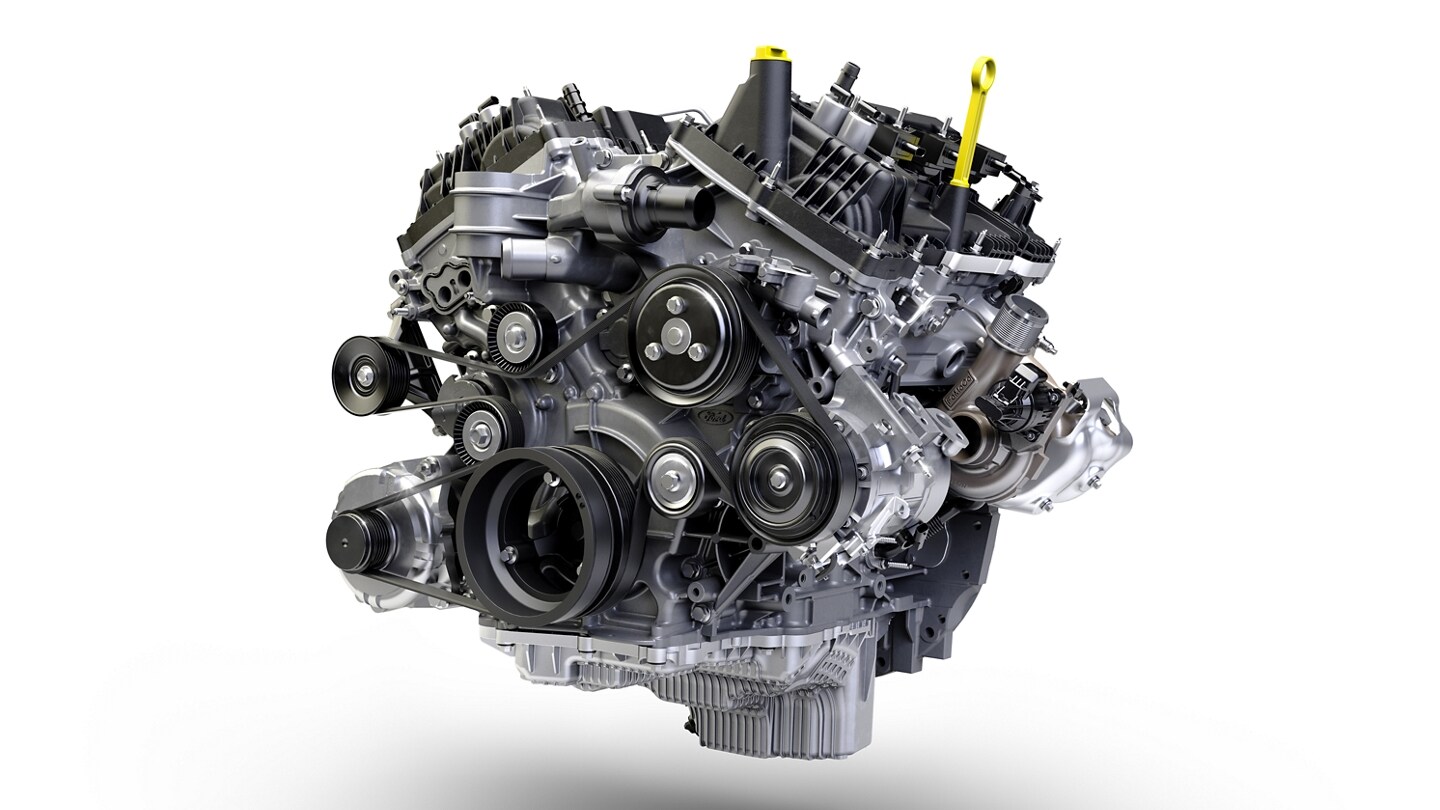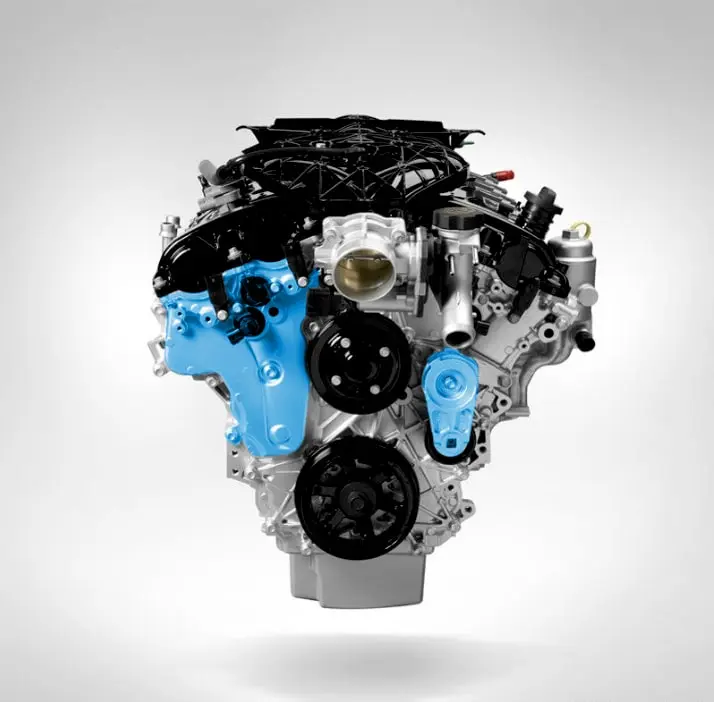How the 2.2 Ford Ranger Engine Stands Out for Durability and Power in Tough Conditions
How the 2.2 Ford Ranger Engine Stands Out for Durability and Power in Tough Conditions
Blog Article
Exactly How to Select the Right Auto Engine for Optimum Performance and Performance
Selecting the ideal auto engine to achieve an optimal balance of efficiency and efficiency necessitates a nuanced understanding of various engine types and their specific characteristics (2.2 ford ranger engine). Elements such as engine variation, the number of cyndrical tubes, and fuel type play an essential duty in identifying both power outcome and gas economic situation.
Comprehending Engine Types
When picking a vehicle, among one of the most important parts to consider is the engine kind, which offers as the heart of the car. The engine kind substantially influences the auto's overall efficiency, long life, and suitability for your driving demands. There are mostly 3 engine types to think about: interior combustion engines (ICE), hybrid engines, and electrical engines.
Inner burning engines continue to be one of the most usual, operating fuel or diesel. They are understood for their power and acceleration, making them suitable for performance-oriented cars. However, they might fall brief in fuel performance and ecological impact.
Hybrid engines combine an inner combustion engine with an electrical motor, providing an equilibrium between performance and fuel economy. They are progressively prominent for drivers looking for minimized exhausts while still delivering appropriate power.
Electric engines, powered totally by batteries, are acquiring traction because of their environmental benefits and lower running expenses. They give instantaneous torque and a peaceful driving experience, making them suitable for city commuting.

Performance vs. Efficiency
Picking the right engine kind includes considering the compromises in between performance and performance. Performance generally refers to how well an engine can deliver power and velocity, which is usually related to larger variation engines or those with turbocharging capacities. These engines commonly provide thrilling driving experiences and quick action times, making them prominent amongst fanatics.
On the other hand, effectiveness concentrates on gas economic situation and reduced discharges. Smaller engines, especially those furnished with sophisticated technologies such as straight gas injection and variable valve timing, have a tendency to supply better miles per gallon and decreased carbon footprints. While these engines might compromise some power contrasted to their larger counterparts, they commonly succeed in day-to-day driving circumstances where high performance is not always needed.
Inevitably, the selection in between efficiency and performance rest on specific concerns. A motorist who values spirited driving may focus on a high-performance engine, while someone seeking affordable commuting may lean toward a reliable option. Recognizing these trade-offs is important for making a notified decision that straightens with your driving demands and way of living, ensuring that the picked engine kind matches your assumptions for both performance and performance.
Secret Specifications to Consider
Comprehending essential requirements is important for making an educated decision about the appropriate automobile engine. When picking an engine, several crucial variables warrant factor to consider to ensure optimum performance and effectiveness.
To start with, engine displacement, determined in litres or cubic centimeters, is a vital requirements. It shows the complete volume of the engine's cylinders and typically associates with power output; bigger displacements frequently produce even more power. Next, the number of cylinders plays a significant role in efficiency attributes. Engines with even more cylinders can supply smoother operation and greater power, while smaller sized arrangements can improve gas efficiency.
Furthermore, the engine's setup, whether inline, V-type, or rotating, affects the overall style and performance features of the lorry - 2.2 ford ranger engine. Turbocharging and supercharging technologies must likewise be assessed; these boost an engine's power result without significantly boosting its dimension, hence improving performance
Fuel kind is another crucial factor to consider, as it affects both performance and expenses. Lastly, visit this web-site the engine's compression ratio impacts effectiveness and power delivery; a greater ratio usually brings about much better performance, but may why not look here need exceptional fuel. By very carefully analyzing these requirements, you can choose an engine that lines up with your performance and performance goals.
Reviewing Driving Requirements
Evaluating driving needs is a fundamental action in establishing the best vehicle engine for your way of living and usage patterns. Begin by assessing your daily driving routines, including the regularity and period of trips. If your driving primarily includes short commutes in urban atmospheres, a smaller sized engine with good gas performance may suffice. On the other hand, if you frequently carry out long-distance journeys or require towing capabilities, a more effective engine may be required.
Take into consideration the terrain you normally navigate. Hilly or rugged landscapes might demand an engine with higher torque for much better efficiency. Furthermore, review guest and cargo needs; larger family members or those that deliver products might profit from cars with raised power and ability.
It's additionally vital to examine your fuel preferences. Diesel engines usually offer superior torque and gas economic climate for heavier cars, while gas engines may provide a smoother and quieter experience. Finally, aspect in ecological factors to consider, as crossbreed or electrical engines can offer a much more sustainable option without sacrificing efficiency. By thoroughly recognizing your driving demands, you can make an educated choice that aligns with both performance expectations and effectiveness goals.
Future Fads in Engine Modern Technology
As the automobile industry proceeds to progress, innovations in engine technology are leading the method for more sustainable and effective driving experiences. One considerable trend is the shift towards electrification, with crossbreed and completely electric powertrains obtaining importance. Automakers are spending heavily in battery technology to improve power thickness and reduce charging times, inevitably enhancing the functionality of electric cars (EVs)
An additional emerging pattern is the advancement of hydrogen fuel cell engines. 2.2 ford ranger engine. These systems provide the possibility for zero-emission driving while supplying refueling times comparable to traditional gasoline engines. Additionally, innovations in burning you can try here innovation, such as variable compression proportions and improved turbocharging, are enhancing traditional inner combustion engines for much better efficiency and efficiency
Digital integration is also a critical element of future engine innovation. The execution of synthetic knowledge and artificial intelligence permits real-time information analysis, enabling smarter engine management systems that adapt to driving problems and improve gas performance.

Verdict
To conclude, selecting the ideal vehicle engine requires a comprehensive examination of different elements, consisting of engine type, efficiency requirements, and performance objectives. By recognizing the differences between different engine types and considering key specifications, people can straighten their selections with specific driving needs. As advancements in engine technology remain to emerge, continuing to be informed regarding future patterns will certainly better improve decision-making, ultimately resulting in an automobile that balances efficiency and fuel effectiveness effectively.
Picking the suitable cars and truck engine to accomplish an ideal balance of efficiency and performance requires a nuanced understanding of different engine types and their certain qualities. There are primarily three engine kinds to consider: inner combustion engines (ICE), hybrid engines, and electric engines.
Efficiency normally refers to exactly how well an engine can deliver power and velocity, which is frequently associated with larger variation engines or those with turbocharging capacities. Diesel engines often supply premium torque and fuel economic climate for larger automobiles, while gas engines might provide a smoother and quieter ride.In final thought, selecting the suitable cars and truck engine demands a comprehensive examination of different elements, consisting of engine kind, performance demands, and performance objectives.
Report this page